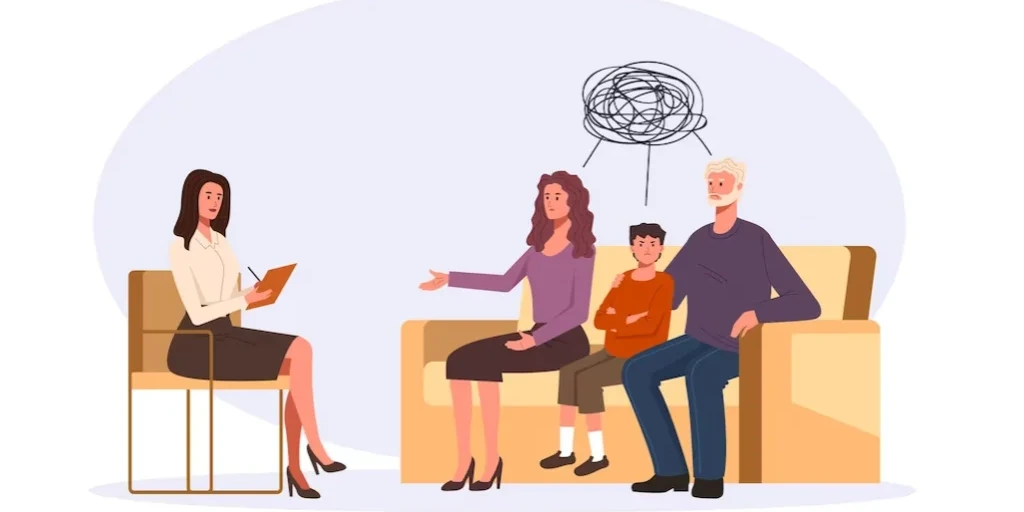is a critical service aimed at helping individuals who are struggling with the effects of post-traumatic stress disorder (PTSD). The rehab centers dedicated to PTSD treatment in Ovett specialize in various psychological issues stemming from traumatic experiences. These centers not only focus on the treatment of PTSD but also address co-occurring mental health disorders, substance use, and emotional distress. Types of conditions treated include anxiety, depression, and substance abuse, which often accompany PTSD. The treatment approach generally includes a combination of psychotherapy, medication management, and holistic therapies that support emotional and psychological healing. The importance of rehab centers lies in their ability to provide a safe space for individuals to confront and process their trauma, gain coping skills, and work towards recovery. Historically, PTSD rehab centers in the U.S. emerged in response to the recognized need for specialized care for veterans, survivors of violence, and others affected by traumatic experiences. Over time, these centers have expanded to offer a range of therapeutic modalities that not only serve the local community but also contribute to a national understanding of trauma-informed care practices. The impact of these centers has been profound, with many individuals finding hope, healing, and a renewed sense of purpose in their lives through the services provided.
Learn more about PTSD Treatment centers in Ovett

















































